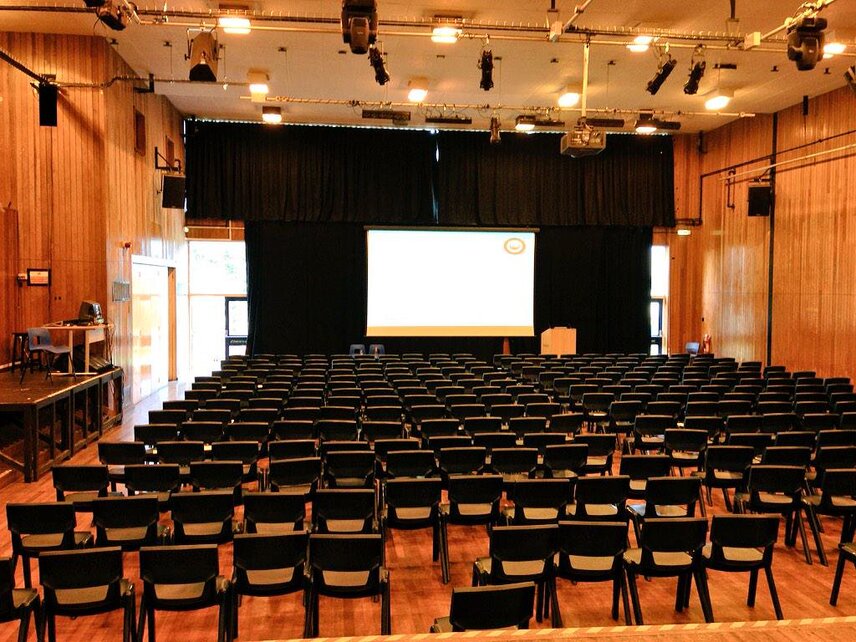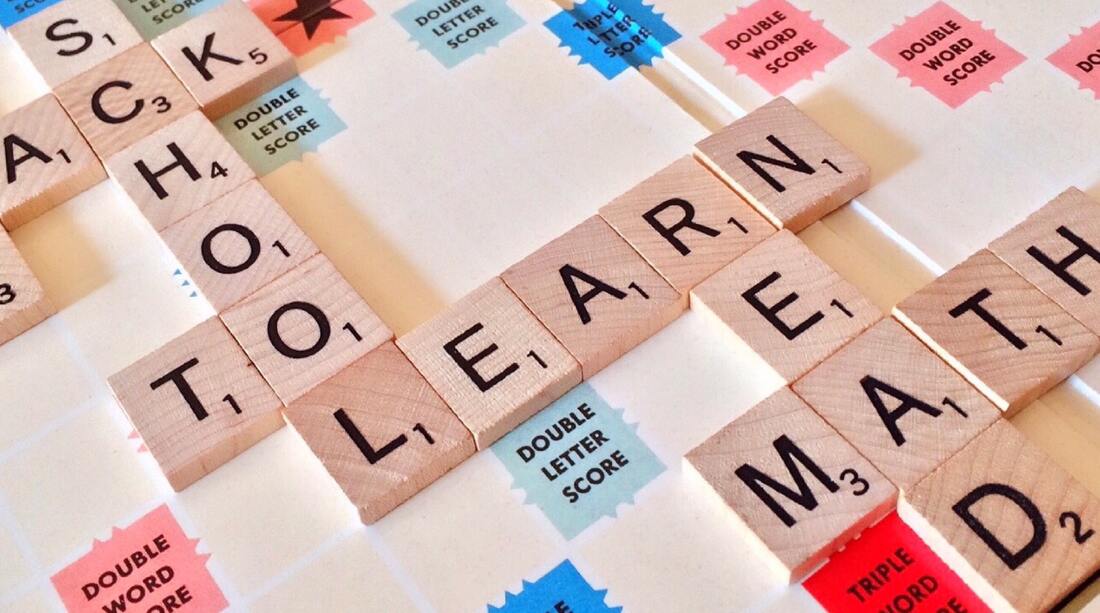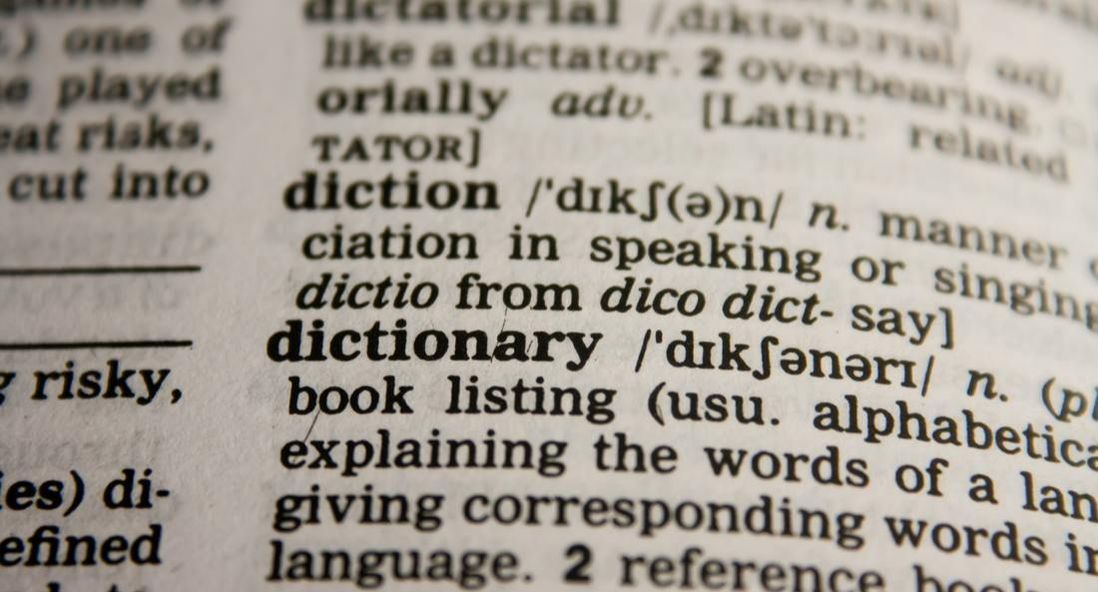|
September marks the start of a new academic year and as such it’s an important time for many of us. After spending months with relatively little structure over the summer, it can be difficult to get back into the flow of following a more rigid school schedule. This blog post highlights some strategies you can implement to re-establish your momentum.
0 Comments
The joys of sixth form/college are numerous; there’s something undoubtedly refreshing about having the autonomy to choose what, how and (for the most part) when you study. But, with this increased independence comes responsibility and it’s important to utilise the time you have, especially if you haven’t started Y13. So, today we’re going to take a closer look at one of the biggest changes you’ll encounter while shifting from secondary to A-level education: free periods.
If you’re anything like me, you’ve probably been shifting between enjoying summer and then suddenly fretting about results day - actively distracting yourself from the terrifying thought of opening the envelope and being face to face with your grades. One minute I’m soaking up rays from the sun and sipping on a freshly made juice, thinking to myself - ‘Ahhhh...This is the life...’ and the next I get a random flashback of question 3 on my physics paper and start wondering whether or not the answer I wrote down was clear enough, or if I checked my working with enough care.
And just like that I’m overtaken by these meticulous, overbearing thoughts. Let’s be real, the end of semester one will probably go out not with a bang, but with exams. If you’re reading this as a student in first year, you may be a little confused with what university exams actually are. All you’ve known are the AQA A-Level papers sent straight from hell. So, if the last exams were your A-levels or BETCs sat six months ago (assuming your school even did these), it’s probably been a while since any of us have sat down to do actual exams.
Work smarter, not harder, is a favourite mantra of mine. Although this article focuses on studying, it can be applied to every aspect of life.
The inspiration for this topic came to me a few months ago, as I sorted through a box of old paperwork in my room. I came across a sheet of paper from my A-levels, listing the hours of revision I had done each day. I stared down the columns of 5s, 6s, and 7s, and was struck by the vivid recollection of just how bad my revision had been. Exam season can be stressful – mountains of revision, deadlines closing in and the ticking clock in the exam hall, counting down the seconds. You might feel obliged to get a certain grade or meet expectations. It can feel like you’re under a lot of pressure from many different people, including yourself. Some dread the long hours of revision leading up to exams but are relieved when it's over. Others can’t stop worrying about the answer to question 7 - or was it question 6? as the invigilator marches away with their paper...
Whilst getting good grades is important, you also have to be kind to yourself. It's all too easy to forget this and get caught up with the stress and anxiety exam season can bring. Below I’ve listed some techniques I use to keep myself level headed and calm as I do my mock exams. It goes without saying, but Covid-19 has caused a nice little disruption in students’ education and wellbeing. From school closures to exam stress, we’re left floating in a void of uncertainty. What’s next? To help clear up the confusion, we share a few tips on how you can regain control, reduce anxiety and achieve your learning goals.
In a world full of social media and other digital distractions, technology can either be a huge time drain, or it can be used to our advantage. Whether you want to improve your family or social life, your work performance, or your study habits, you can do it with the help of a good productivity app.
I'm going to share a few of my favourite productivity apps below, but first let's look at the benefits of using a productivity app to track your habits and goals. Reality check, maybe you haven’t been having the best summer ever. Maybe you feel like you’ve got tight knots in your stomach every time you think about the future. Maybe butterflies flutter in your stomach every time somebody mentions ‘grades’, ‘apprenticeship’ or ‘university’. Results day is August 10th and it couldn’t have been further away. It’s hard for this empty time in the no man’s land of uncertainty to be liberating or enjoyable to anybody.
Unless you’ve managed to live in a blissful oblivion in a great summer of forgetting results day, you’ll probably be finding it hard to distract yourself from this dawning anxiety… how can the outcome of two hard years of work be all over in less than a month? Will I even be ready to move on? How do I trust my grades will be right? And, the big one. What will I do if I don’t get what I need? With everything opening up again and exams for year 11’s and year 13’s getting ever-closer, time management and prioritising is going to be a key skill this month.
Of course, putting things into perspective is important too, both on a global and personal perspective. In this blog, I’ll be talking about things you should be doing to get ready for oncoming assessments, as well keeping up with broader things. Fair Access Coalition and the Fair Education Alliance: Statement regarding A-level grade allocations14/8/2020 A group of leading educational access charities and not-for profit organisations is calling for the government to take action to ensure that young people from less advantaged backgrounds do not face additional barriers in accessing further study, training and employment opportunities, following the allocation of A-level grades this year.
We recognise that the circumstances surrounding this year’s A-levels made any ideal outcome impossible, but it is clear that – in a significant number of cases – individual students have been left with their future plans in disarray. What’s more concerning is that many of these students are from the least advantaged backgrounds. These are the young people who already face the biggest barriers in accessing higher education; barriers that have been compounded during lockdown. Every hour, we are encountering more young people whose plans for university, apprenticeships or jobs have been seriously affected because they were statistical exceptions. We note that Ofqual's Technical Report details that the A/A* attainment gap between FSM and non-FSM students increased from 6.1% in 2019 to 7.1% in 2020, reversing progress made the prior year. Furthermore, independent schools saw a 4.7 percentage point increase in A/A* grades compared to just 0.3pp at Sixth Form/FE/Tertiary colleges. As coalitions, working collaboratively to tackle educational inequality, our priority is to focus on how we, and the government, can best support young people. We call upon the government to ensure that no student, particularly those from disadvantaged backgrounds, has their opportunity of work, training or study compromised by being graded unfairly by an algorithm. We urge the government to do this by:
Signatories Nathan Samson, CEO, The Access Project, nathan@theaccessproject.org.uk Anne-Marie Canning MBE, CEO, The Brilliant Club, amc@thebrilliantclub.org Laura Gray, CEO, Brightside, laura.gray@brightside.org.uk Sam Holmes, CEO, Causeway Education, sam.holmes@causeway.education Maria Neophytou, Interim CEO, Impetus-PEF, maria.neophytou@impetus.org.uk Rachel Carr OBE, CEO, IntoUniversity, rachel@intouniversity.org Johnny Rich, CEO, Push, johnny@push.co.uk John Craven, CEO, upReach, john@upreach.org.uk Rae Tooth, CEO, Villiers Park Education Trust, rae.tooth@villierspark.org.uk. Sam Butters and Gina Cicerone, Co-CEOs, Fair Education Alliance, gcicerone@faireducation.org.uk. On social media: #coalitionforfairness Let me tell you about my GCSE and A Level experience…
I was a straight-A student. I am firmly in the "was" corner as opposed to the "am" corner. For any student reading this, stop right now and say out-loud either way “I am a 1-9 student” or “I am a BBB student” and “I was a 1-9 student” or “I was a BBB student”, with the grades you are personally predicted. Now, honestly: how does hearing yourself say each version make you feel? I know how deeply personal and long-lasting grades can feel. They are lodged in the mindset, and some believe they define who you are as a youngster or as a unique individual later in life. I look back with a "phew" in my mind: a (retrospective) fondness for the stress I went through when I was 15/16 and 17/18 years' old, and the rewards that ultimately reflected both learning experiences. I know a lot of people in the "am" corner when they talk about their grades from years past. They are usually the ones that can’t let go, and most haven’t gone on to fulfil their true potential. People either do or don’t associate their current selves to their GCSE or A Level / B tech grades Whilst basing your grades on the work you’d done up until 20th March might not seem fair as you didn't get Easter to hand in any great work based on past papers (naturally people improve the closer to the exams it gets), getting your teachers to take responsibility for your final grade does take away the potential pitfall of the exam itself…and we mustn't forget how many students' nerves get the better of them on the day.
A "winner takes all" approach doesn't work for every student. I’d say it doesn’t work for most and isn’t a healthy way to grade long-term effort and progress, and it certainly isn’t reflective of the working environment most people will find themselves in, where every single day, the realities of the job (and keeping it) is the grade Exams are cancelled because of the global pandemic.
That we know. So what's happening with your grades? I'm sure you're eager to get a bit more clarity about your future. Well we've started to get some assurances from OFQUAL (Which is the abbreviation for the mouthful that is - Office of Qualifications and Exam Regulations). Their Chief Regulator Sally Collier has now issued a letter outlining how grades will be calculated and reassuring students these will be 'exactly the same as in previous years'. If your plan for next year is university then you’re already submitted your application, right? If not, then get a move on. The UCAS deadline (January 15th) may be the official cut-off, but a lot of places will have been filled already. We know how fab you are, but that doesn’t mean the unis are holding a space specially for you. Get your application in before the end of this month.
Been there. Done that. Every student can say this when it comes to meeting assignment deadlines that just come up too fast.
Maybe you have procrastinated a bit too much; maybe you have spent too much time working that part-time job or partying; maybe you are just that dis-organized person who is not a master of calendaring. All of a sudden it hits you. You’ve got a deadline for an essay, a paper, a project – whatever – and you are now facing the prospect of either getting it done or taking that poor/failing score. Procrastination can be a serious productivity killer. It can get you into all sorts of deadline troubles, leading to frantic keyboard tapping and energy drink fuelled all-nighters.
It’s not just you – besides the most diligent and proactive of us, we’re pretty much all in this together. Picture the High School Musical number, except none of us want to dance right now. Maybe later. So when the Independent reported on a uni student who blitzed through her dissertation project in a single night, mere hours before her deadline, we can’t say we weren’t a bit awe-struck. And incredibly stressed on her behalf. But still. Impressive. The web is full of dodgy types and one that students in particular should avoid are the essay cheats – or, as they’re sometimes called, ‘essay mills’.
The situation they prey on is common enough. An essay is due next week and you’re finding it too hard or you haven’t done the reading or there’s some thing else more important right now – your job, your boy/girlfriend, a different essay or even just a party. For a few quid (in fact, often quite a bit of money), you can make the problem go away. You can buy a ready-written essay, dissertation or even PhD thesis online and pass it off as your own. Of course, the shysters offering this service don’t advertise that they’re there to help you cheat. They describe them as “sample essays” to “inspire” or “inform” your own work. However, they also describe them as “plagiarism-free” (so that, in theory, unis won’t spot it’s not the student’s own work). Why would they say that unless everyone knows the real score? You know perfectly well this isn’t ethical and you shouldn’t do it. But, if morality isn’t enough to convince you to do the right thing, here are six reasons why you should never cheat. Do you know your bops from your balls? Or your CATS from your CUKAS?
Heading into the world of higher education can be like learning a new language – there's more jargon than you can shake a soc at. That's why we've created this handy glossary of all the weird and wonderful terms academics like to use. Let Push be your guide. You'll need us. Honestly, it's a jungle out there. Push has always got your back, so this is your last minute call in case you're still planning to apply to Oxbridge for 2018/19.
We don't mean to stress you out, but time is officially ticking. |
This section will not be visible in live published website. Below are your current settings: Current Number Of Columns are = 1 Expand Posts Area = Gap/Space Between Posts = 15px Blog Post Style = card Use of custom card colors instead of default colors = Blog Post Card Background Color = current color Blog Post Card Shadow Color = current color Blog Post Card Border Color = current color Publish the website and visit your blog page to see the results Categories
All
We're always interested to hear from talented young writers, so if you'd like to feature as a guest author then hit us up for more details.
|
Student blog: What's new?
Author
Write something about yourself. No need to be fancy, just an overview.
This website uses marketing and tracking technologies. Opting out of this will opt you out of all cookies, except for those needed to run the website. Note that some products may not work as well without tracking cookies.
Opt Out of Cookies



















 RSS Feed
RSS Feed